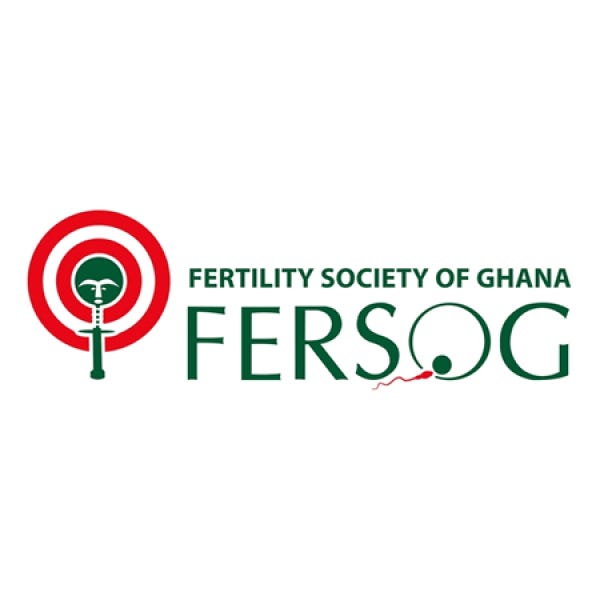SCIENTIFIC ARTICLE REVIEW: Legal and Ethical Challenges in Assisted Reproductive Technology Practice in Ghana
In this section of our newsletter, we review scientific articles authored by society members, showcasing significant research conducted in Ghana on ART and related fields.
In this section of our newsletter, we review scientific articles authored by society members, showcasing significant research conducted in Ghana on ART and related fields. Today’s featured article is: “Legal and Ethical Challenges in Assisted Reproductive Technology Practice in Ghana” by Barnes, T., Abakah-Nkrumah, G., Anim-Boamah, O., & Sefogah, P. E. (2024). Legal and ethical challenges in assisted reproductive technology practice in Ghana. Ghana Medical Journal, 58(1), 78-85. https://doi.org/10.4314/gmj.v58i1.11
The review:
Written By: Dr P. Sefogah
Addressing Gaps in ART Regulation
This March 2024 paper “Legal and Ethical Challenges in Assisted Reproductive Technology Practice in Ghana” by Theresa Barnes et al. is an original research article that highlights critical gaps in the regulation of Assisted Reproductive Technology (ART) services in Ghana. This makes it a significant contribution to the discourse on ART regulation within Ghana and across Africa. As ART services become more prevalent, the absence of comprehensive legal and ethical frameworks has become an increasingly pressing issue.
Complex Legal and Ethical Issues in ART
The authors emphasise that while ART offers immense opportunities to address infertility, it also presents complex legal and ethical challenges.
These challenges concern the rights of all parties involved, including patients, donors, children born from ART, and medical professionals. The paper explores these issues in depth, making a strong case for regulatory intervention.
The Need for Regulation in Ghana
The paper underscores the need for regulation in Ghana, particularly around key areas such as:
The legal status of embryos
Donor anonymity
Lack of structured quality and safety standards in fertility clinics
The authors draw comparisons with regulatory frameworks in more developed countries, highlighting the risks posed by the current regulatory vacuum in Ghana and some other African nations.
Broader Ethical Dilemmas
The discussion also extends to broader ethical dilemmas such as:
Surrogacy
Gender selection
Access to ART
Clients' privacy
Clinical data protection
Gamete donation issues
Multiple gestations
Single parenting
Social issues
Religious issues
These issues are becoming increasingly relevant in the African context as the demand for fertility services continues to grow. The paper provides valuable insights into these challenges, making a strong case for the development of robust regulatory systems.
Conclusion: A Call for Regulatory Action
The study concludes that the absence of legal and ethical frameworks for ART in Ghana presents significant challenges.
It stresses the urgent need for governmental efforts to establish regulations that ensure safe and successful ART practices, protecting both providers and users in the process.
By highlighting these legal and ethical challenges, the paper offers a foundation and guide for policymakers and stakeholders to develop comprehensive regulatory
Written By: Dr P. Sefogah
You can read the article itself here; CLICK to access the article here: https://www.researchgate.net/publication/379382745_Legal_and_ethical_challenges_in_assisted_reproductive_technology_practice_in_Ghana





